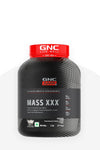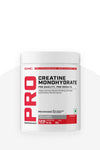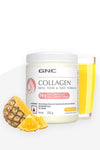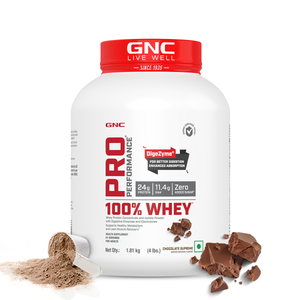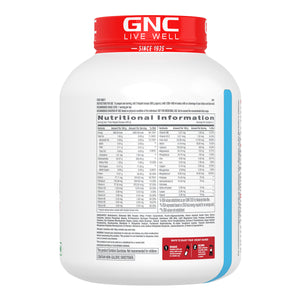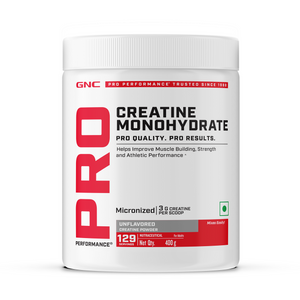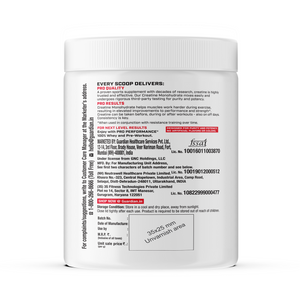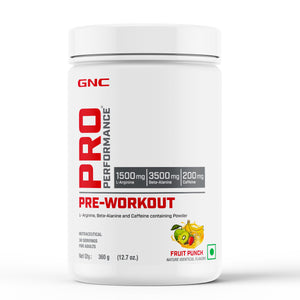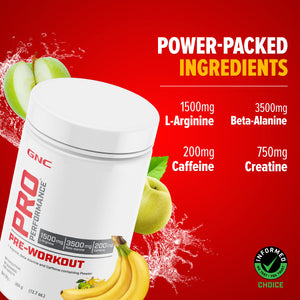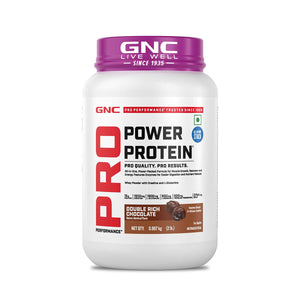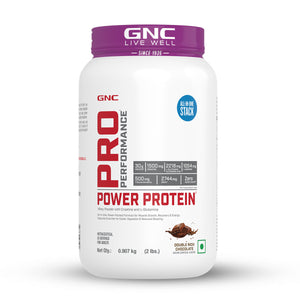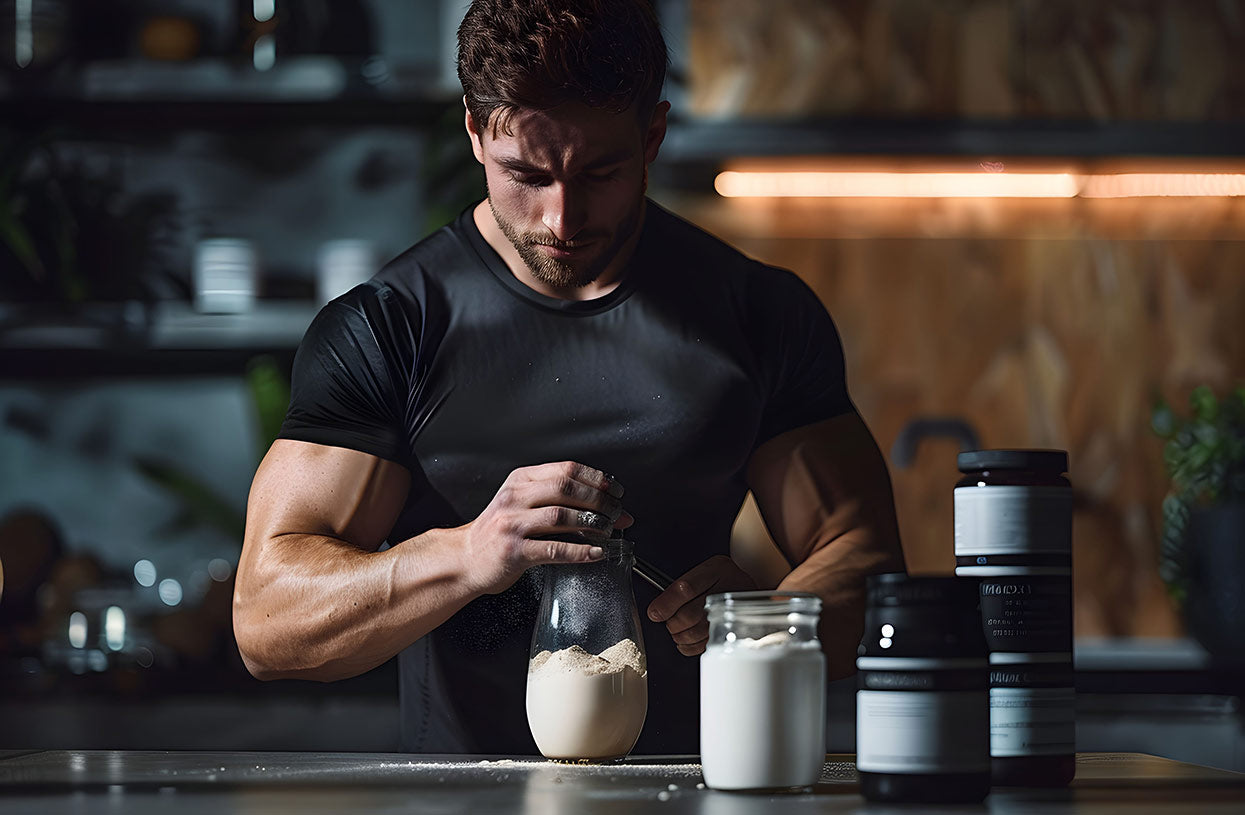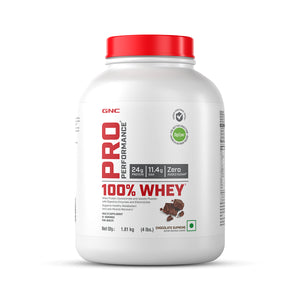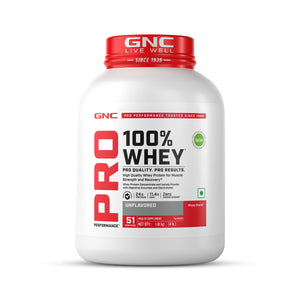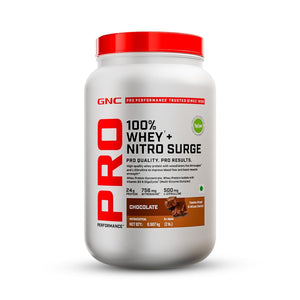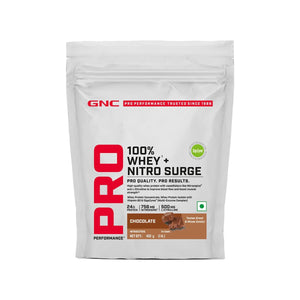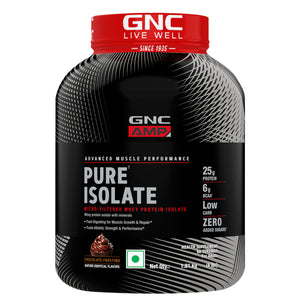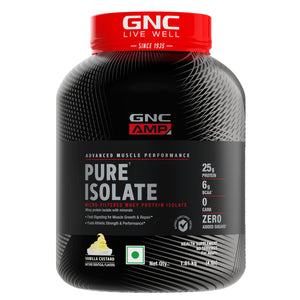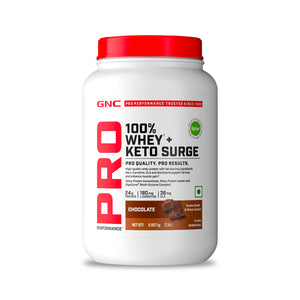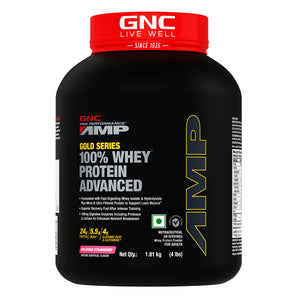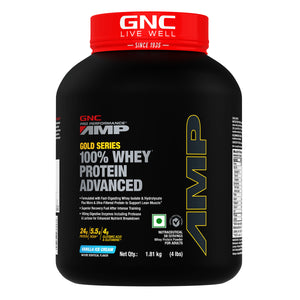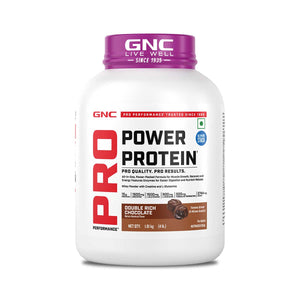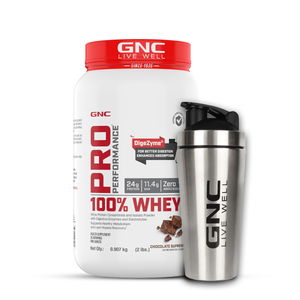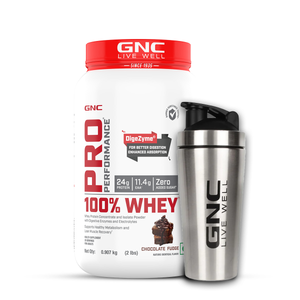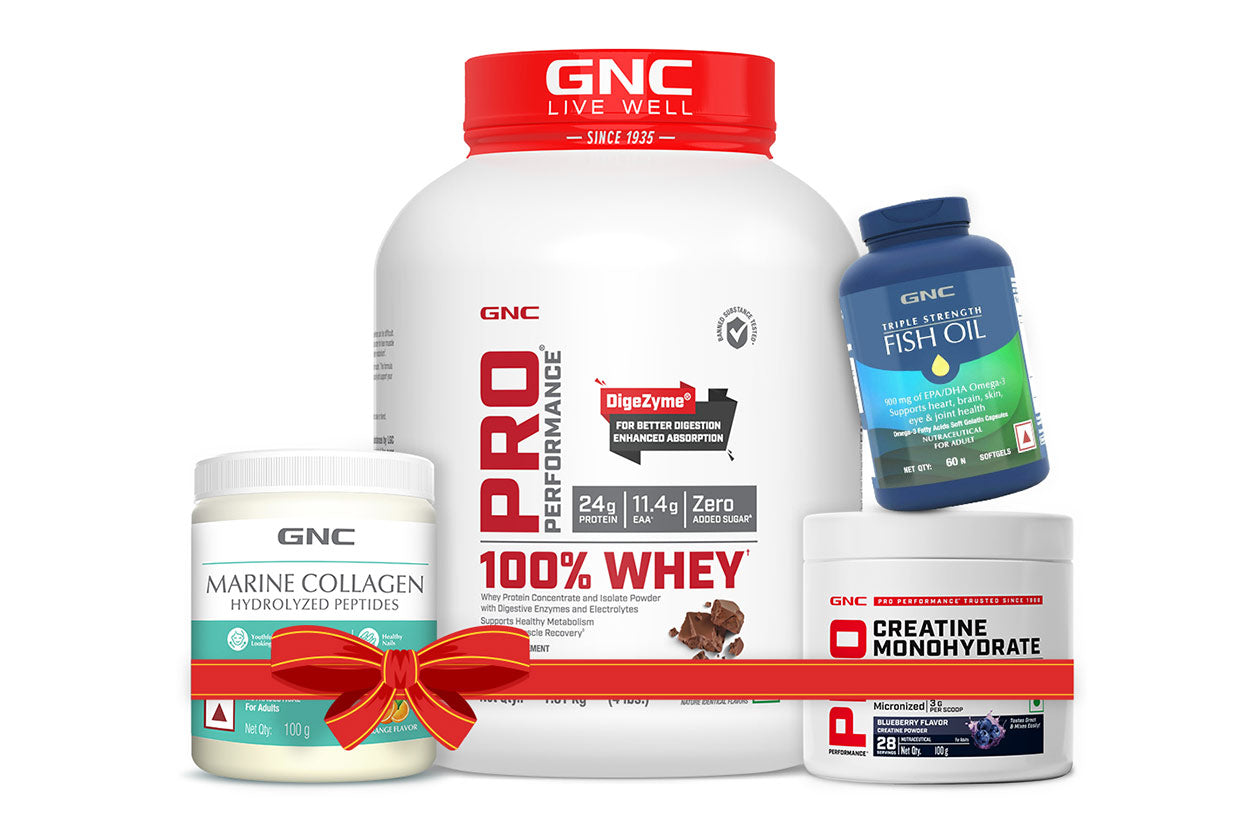Selecting a suitable protein powder is quite a challenge due to the many varieties out there in the market. Protein powders are essential supplements that also assist in muscle buildup and general well-being. But in order to identify which one is the most appropriate, there is a need to learn about different types, their advantages, and why they are effective in meeting certain health objectives.
So, in this guide, you will find information on what to know about protein powders and the types of protein powders. You will also be informed about some essential tips on how to choose the best protein powder that is more appropriate for your dietary needs.
What Should You Know About Protein Powder?
Protein powder is a highly condensed form of protein that may come from animal or vegetable sources. It is popular among athletes, weight lifters, gym goers, and anyone who wants to intake excess protein in their diet naturally. Protein powders can also be helpful in supplementing the daily protein needs in the diet, especially when the normal protein intake in the diet is inadequate.
There are also certain things that you should always take into consideration when choosing which protein powder to add to your diet regimen. Not all protein powders around are the same, and there is a need to check the ingredients and nutritional value of the protein powders.
Different Types of Protein Powder
Different protein powder products have been developed on the market and they all differ in their composition and effects. This is important to understand in order to go for the right product.
1. Whey Protein
Whey protein is one of the most famous and common protein powders that are commonly used in bodybuilding and exercise. They originate from milk and are considered to be quality proteins since they possess all nine essential amino acids. It also has a fast rate of digestion, a quality that makes whey protein particularly suitable for consumption after a workout.
There are a number of categories of whey protein available, which include Whey protein concentrate, Whey protein isolate, and Whey protein hydrolysate, which have different protein contents and rates of digestibility.
2. Soy Protein
Another protein powder that comes from plants, although it is a complete protein. It is perfect for people who prefer vegetarian meals or have issues with lactose digestion. Soy protein is considered to help in muscular development and also assists in maintaining heart health. Also, it has phytoestrogens, which can bring advantages to bone structure and hormones.
3. Other types of Protein Powder
- Egg Protein: It is extracted from egg whites and is also considered to be a complete protein. Egg protein contains very little fat and carbohydrates, which makes it ideal for those who need to have a small calorie intake.
- Milk Proteins: Casein and whey are two fundamental types of milk proteins which both are derived from milk. Casein protein is a slow-absorbing protein. Thus, it should be taken at night when the body requires a constant supply of amino. It is supplemented with whey protein to achieve a complementary protein balance in the body.
- Brown Rice Protein: It is a thermal protein that is free of allergens and easy to digest. While it does not contain all essential amino acids, it is usually complemented with other plant proteins to balance the amino acid profile.
- Pea Protein: Organic pea protein powder is another plant-based protein powder. It is rich in all essential amino acids, especially arginine, which has a role to play in muscle building. The pea protein is free from all forms of allergens, and it is perfect for vegans and vegetarians.
- Hemp Protein: Hemp protein is available in hemp seeds and is a plant protein source that also contains omega-3 and omega-6 fatty acids. It is not a complete protein, but it is still very rich in nutrients and has some other benefits, such as aiding digestion and boosting immunity.
So, Why Use Protein Powder?
Understanding the benefits of protein powder will assist you in determining when and how best to incorporate protein powder into your diet. So, read about the benefits mentioned below:
1. Appetite Regulation
Protein powders can suppress the feeling of hunger. A diet that is high in protein helps ensure you are satiated for longer and helps avoid those between-meal snack cravings. Protein powder can be incorporated in meals or snacks which will give one that full feeling to help you stick to your dietary goals.
2. Muscle Growth and Maintenance
Protein is essential for muscle growth and to rebuild the working muscles especially after exercises. There are high-quality protein powders that can help one gain the required amount of protein for muscle repair and development in a hassle-free manner. It is essential to athletes, weight trainers, and anyone who engages in frequent strength training exercises.
3. Enhanced Strength
Protein powder, when consumed daily, can assist in increasing strength and performance. It contains amino acids that are important for the repair and growth of muscles to enable increased strength in the long run. This makes protein powder an essential ingredient in any strength training or resistance exercise regimen.
4. Boosted Immune Function
Protein is necessary for building up immunity in the body. Some protein powders, particularly those derived from whey, contain ingredients that can enhance immunity. Adding protein powder to your diet regime will assist in shielding your body, most especially your muscles, during a rigorous activity.
5. Accelerated Exercise Recovery
Protein is essential after a workout session to facilitate muscle group repair and replenishing of energy. Protein powders, especially fast-absorbing ones like whey protein, can facilitate absorption and recovery since they supply nutrients to the body. It also helps in reducing muscle soreness and, in the process, prepares the individual for the next session of exercise.
How to Select the Ideal Protein Powder?
1. Select a Protein That Supports Comfortable Digesting
Choose a protein powder that does not upset your stomach. Whey is the most popular protein source currently available, but it can also be problematic for some people. There are other options, such as casein, egg, beef, soy, or plant-based protein powders, which should be the one that suits your digestive system.
2. Complete Essential Amino Acid Profile
If you are going for plant-based protein powders, ensure that the food you are taking contains all the amino acids. It is, therefore, necessary to select a combination of different plant proteins or eat a variety of foods so as to attain the correct amino acid balance.
3. Prioritize Simple Ingredients
When selecting a protein powder, consider one that comes with a small list of ingredients to ensure that it does not contain any additives. The better choices are those that specifically target the protein source, the natural flavors, and sweeteners and avoid extra ingredients.
4. Avoid High amounts of sugar
To ensure that you feed your body right, always opt for protein powders that are sweetened with little amounts of sugar. Try to select those with 1g of sugar per serving to maintain your consumption to a bare minimum.
5. Ensure that the foods you choose have high protein values
A good protein powder should come with the label of containing 22-26 grams of protein per serving size. This amount helps to develop muscles and recover from workouts without the consumption of copious amounts of calories.
6. Verify Third-Party Testing
It is essential to choose a product that a third party has tested. This helps in making sure that the product contains the listed ingredients in the proper proportions.
7. Consider Sports-Certified Options
For athletes or those who wish to be more cautious, opt for protein powders that have been marked as sports certified. Claims such as NSF Certified for Sport or Informed-Sport ensure that the product is free from prohibited substances and has undergone rigorous testing.
8. Correlate to Your Diet
Those who don’t consume animal products should use soy, pea, or hemp protein powders instead of whey or other protein from milk products. This helps keep compatibility with your dietary choices and restrictions.
9. Change Protein for Kidney Condition
If you have kidney issues, you should opt for a protein powder with a low protein percentage, about 10 to 15 grams per scoop. This is important in protecting the kidneys while still supplying the necessary vitamins and minerals to the body.
10. Choose Budget-Friendly Options
The best way to cut down the costs would be to buy the protein powder in large quantities rather than having pre-packaged protein shakes. Larger tubs provide more servings and are cheaper when compared to smaller tubs of the same product.
Exclusive Discounts Alert - Get ready for GNC’s Biggest Flash Sale from 1st October to 30th October 2024. Shop your favorite products at the LOWEST prices ever—only on our website!
Conclusion
While selecting a protein powder, there are essential factors that need to be taken into consideration, such as diet requirements, fitness needs, and individual preferences. This is because knowing the various types of protein powders and how their benefits cater to the users’ needs assists in the decision-making process.
Whether it is for muscle buildup, weight loss, or overall nutrition, having a good protein powder serves as an essential supplement in the diet. Finally, it is important to assess the ingredients, protein quantity, and applicability of the powder in one’s daily routine to make the right decision.



